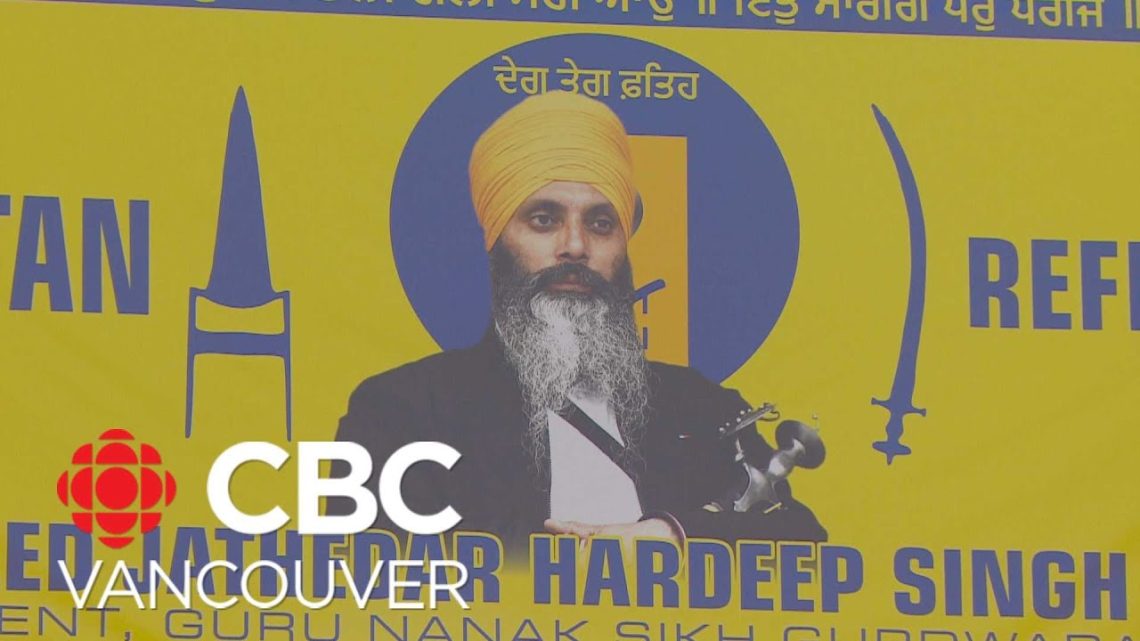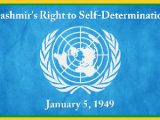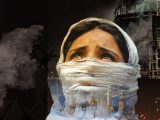
CBC Documentary on Sikh Activist’s Death in Canada Blocked from Access by India
March 18, 2024India has taken measures to restrict access to a documentary produced by the Canadian Broadcasting Corporation (CBC) investigating the death of Sikh activist Hardeep Singh Nijjar in Vancouver. The documentary, titled “Contract to Kill,” delves into Nijjar’s assassination and the suspicions by the Canadian government that India may have been involved.
This recent move by India to block access to the documentary underscores its growing frustration with allegations implicating its government in high-profile incidents. It is not the first time India has sought to suppress critical documentaries. Previously, it used emergency laws to block the distribution of a BBC documentary titled “India: The Modi Question.”
Hardeep Singh Nijjar, a Canadian citizen, was shot and killed in a parking lot in suburban Vancouver. The Canadian government’s subsequent investigation led Prime Minister Justin Trudeau to acknowledge “credible allegations” that “agents of the Indian government” were involved in the killing. India, however, has rejected these allegations, leading to strained relations between the two countries.
YouTube and social media platform X (formerly Twitter) have received orders from India’s Ministry of Electronics and Information Technology to block access to the documentary within the country. While the content has been restricted on the Indian YouTube site, it remains accessible outside the country. X has expressed disagreement with the action, citing freedom of expression, but is complying with Indian legal processes.
The documentary contains security footage showing Nijjar leaving the Guru Nanak Sikh Gurdwara temple before being shot by two men. CBC News has defended its journalism, stating that the documentary was thoroughly researched and vetted to meet journalistic standards.
Despite Canada’s allegations, no arrests have been made in connection with Nijjar’s assassination, despite ongoing police investigations. New Zealand’s deputy prime minister, Winston Peters, recently cast doubt on Canada’s claims during a visit to India, emphasizing the need for evidence before drawing conclusions.
To conclude, India’s blocking of access to the documentary raises concerns about freedom of expression and press freedom. It also reflects the complex dynamics between India, Canada, and other countries regarding allegations of state involvement in criminal activities. The ongoing investigations and diplomatic exchanges underscore the need for transparent and impartial inquiries to address such sensitive matters.

